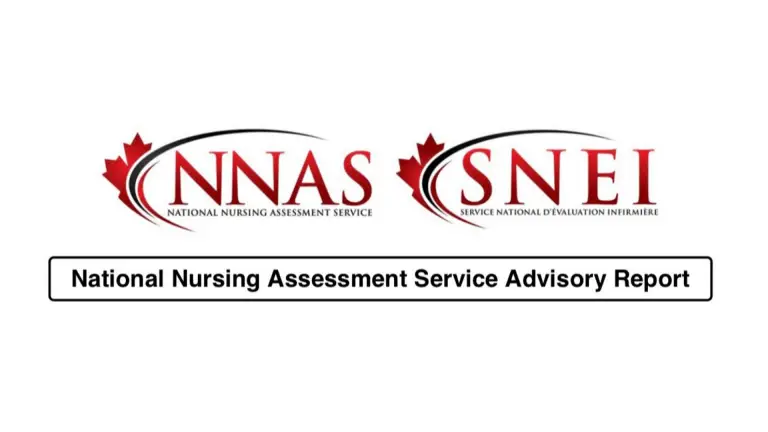What Do You Need to Know about REx-PN Replacing CPNRE in 2022
Starting January 2022, Ontario and British Columbia will begin using The Regulatory Exam – Practical Nurse (REx-PN) as a new exam platform for license registration of aspiring LPNs.
Currently, applicants in all provinces except Quebec must successfully pass the Canadian Practical Nurse Registration Examination (CPNRE) to become a Registered Practical Nurse. But starting January 2022, CPNRE will be replaced by The Regulatory Exam – Practical Nurse (REx-PN) in Ontario and British Columbia. It’s developed in partnership with the National Council of State Boards of Nursing (NCSBN), the same organization behind the NCLEX exam.
Disclaimer: CNO’s rules change frequently. Do your own due diligence by always checking CNO’s website.
Why CPNRE will be replaced by REx-PN?
Ontario and British Columbia are both facing a growing number of LPN applicants due to their booming population and increasing need for nursing resources. The provision of REx-PN will help them gauge an applicant’s readiness and qualification to be registered as an LPN on a larger scale basis. The structure of the new LPN exam is also more flexible in scaling the basic competencies needed to be assessed to become a licensed practical nurse. (Source: Updating RPN competencies and exam)
What is the difference between CPNRE and REx-PN?
CPNRE and REx-PN are based on two different test theories.
CPNRE is based on “classical test theory” where test-takers can still get correct answers by guessing (luck) or by test familiarization (practice) when he retakes the exam and encountered the same or similar questions as the first take. This is the reason why CPNRE is only limited to three takes; if an applicant has three failed CPNREs, he cannot retake the exam ever again.
REx-PN is based on “item response theory” and uses the Computerized Adaptive Test (CAT-exam). The level of difficulty of the next question will depend on your answer in the previous question. So if you answered a difficult question correctly, the next question will be more difficult than the previous one. The software will also know if you are retaking the exam and you will be given a different set of questions for each take.
Trivia: NCLEX also uses the Computerized Adaptive Test (CAT-exam). This test format eliminates the traditional multiple-choice exam and incorporates different ways of answering a question correctly.
Benefits of REx-PN for Applicants
- There is no limit on the number of takes. Even if you failed the exam many times, you will never run out of chances of retaking it. However, there is a mandatory minimum of 60-day waiting period between retakes for study preparation. So in total, an applicant has a maximum of 6 attempts each year.
- Applicants who failed CPNRE thrice can still take REx-PN. CPNRE has a limit of 3 takes. Applicants who had three failed CPNREs already can still pursue their LPN registration through REx-PN which has an unlimited number of takes.
- The exam is available anytime. Unlike CPNRE which is only available four times a year, REx-PN can be scheduled anytime as long as the 60-day waiting period between retakes is respected.
- Provision of faster and better feedback. The exam results are promised to be released faster than CPNRE. If you fail, you will be given a breakdown of areas where you need improvement. This is useful in preparing a study plan for retaking the exam.







What resources we can use for Rex Pn for reviewing?
Hi, I am a year 2 practical nurse student and would like to prepare for CPNRE for 2023 spring. Can you recommend me which preparing exam online is good to prepare? Is uWorld a good site to join?